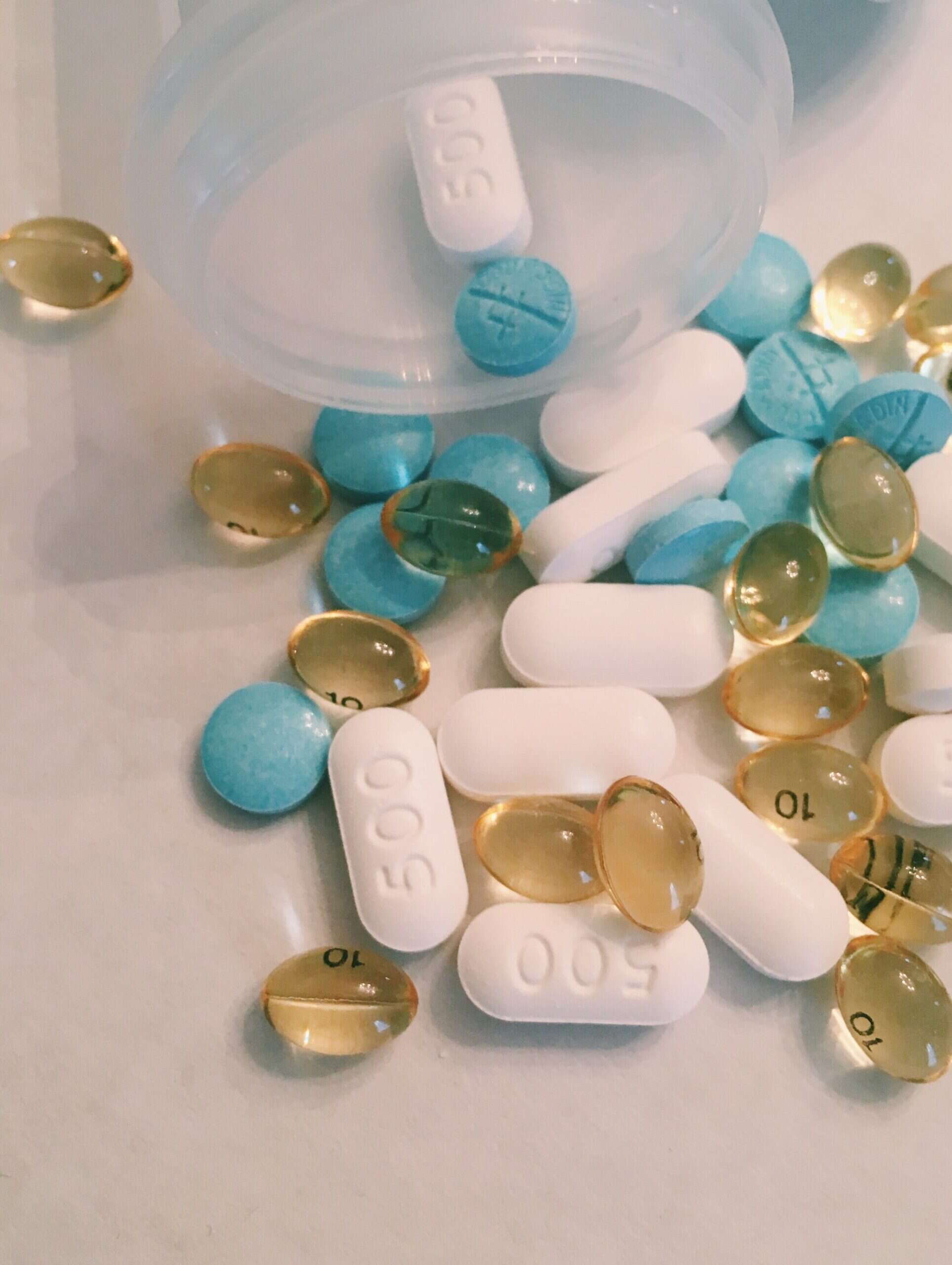Know your meds
Think about each of the medicines you take. Do you know why you’re taking that specific medicine instead of another one? What happens if you miss a dose? Can you take this medicine with food or water? What kind of side effects might you experience? Can you take this medicine at the same time as others?
It’s important to know as much as possible about all of your medicines so you can get the best care. For a list of helpful questions to ask your doctor or pharmacist, refer to this
What are drug interactions?
- Drug interactions are one of the most common reasons for health care problems. When you take two or more medicines at the same time, they may mix together in your body and affect each other. This can lead to serious health care problems.
- Common medicines you should avoid taking together include aspirin and many pain relievers with acetaminophen, blood pressure medicines, cold medications, some antidepressants, and certain antibiotics. All of these medicines may interact and cause harmful side effects in your body. It is very important to ask your doctor if any of these medicines are right for you before taking any new drugs.
- There are also many medicines that can interfere with each other by causing drug or health care problems. Examples of these include some oral diabetes medicines, non-steroidal anti-inflammatory drugs (NSAIDs), and certain antibiotics. You should not take any of these at the same time unless your doctor tells you to.
- Many other combinations can result in adverse reactions that can be serious or even life threatening, including taking two blood pressure medicines together, or taking certain drugs used for cancer at the same time as lithium (used in managing bipolar disorder). It is very important to talk to your doctor if you think you might be taking a medicine or an NSAID at the same time as another medicine.
- You should also check with your doctor if you take any medicines that have a new or different name. Combinations of different strengths and/or different doses of the same medicines are very common, especially when medicines are changed at the same time.
- It’s important to check all of your prescriptions to see if they are still safe. If your doctor has changed any of your medicines, you should let him or her know what changes you’ve made, and ask to talk about the possible health risks.
Don’t stop taking any existing medicine without discussing it first with your doctor.
How can the risk of drug drug interaction be minimized?
- The best way to avoid drug interactions is to ask your pharmacist for the package insert for each medicine you take. Use this to create a current list of all of the prescription and non-prescription medications that you take. This will help you keep track of the dosage, frequency, route of administration (oral versus injection), drug warnings, and any known side effects for each medication you take.
How do I remind myself to take medicine?
- The pharmacy can also fill a medication reminder chart for you. These charts are available either blank or pre-printed with the most common prescription medications. They come in a variety of forms from simple stickers that you hang on your refrigerator, to sophisticated software that provides reminders to your cell phone, and are especially helpful for those who have had memory problems with certain medications.
How do I keep track of my medicines?
- Make this list easily available to everyone who cares for you (family members, home care providers, friends and co-workers) so they can let the doctor know if they’ve seen any changes in your behavior while taking one of your medicines.
- Request a prescription to refill medications that you’ve run out of or don’t need any more. If possible, get the full (usual) dosage prescribed for you since this will make it easier to control your medication needs in the long-term. If you need a lower dose, ask for assistance with the dosage or bring in a list of the current dosages given to you and ask your doctor to reduce the dose.
Here are some forms that can help you keep track of what medicines you take and when to take them.

